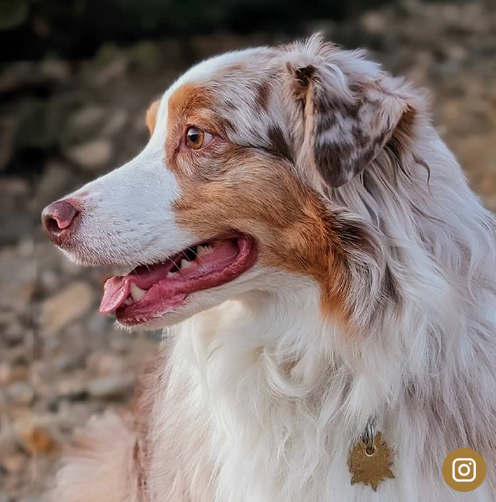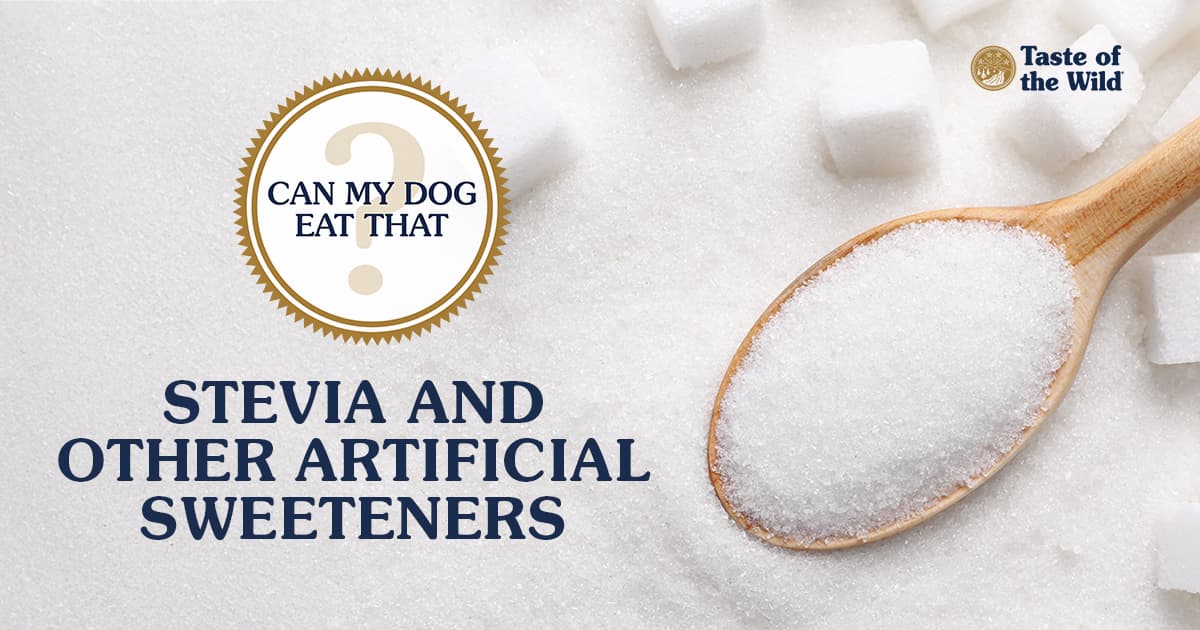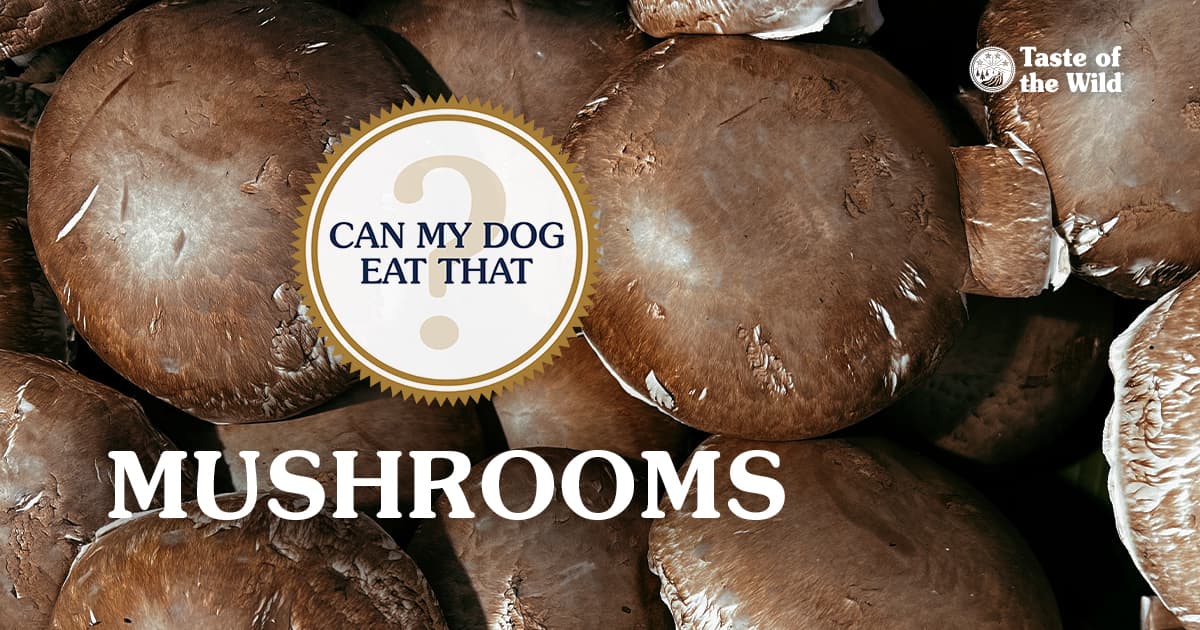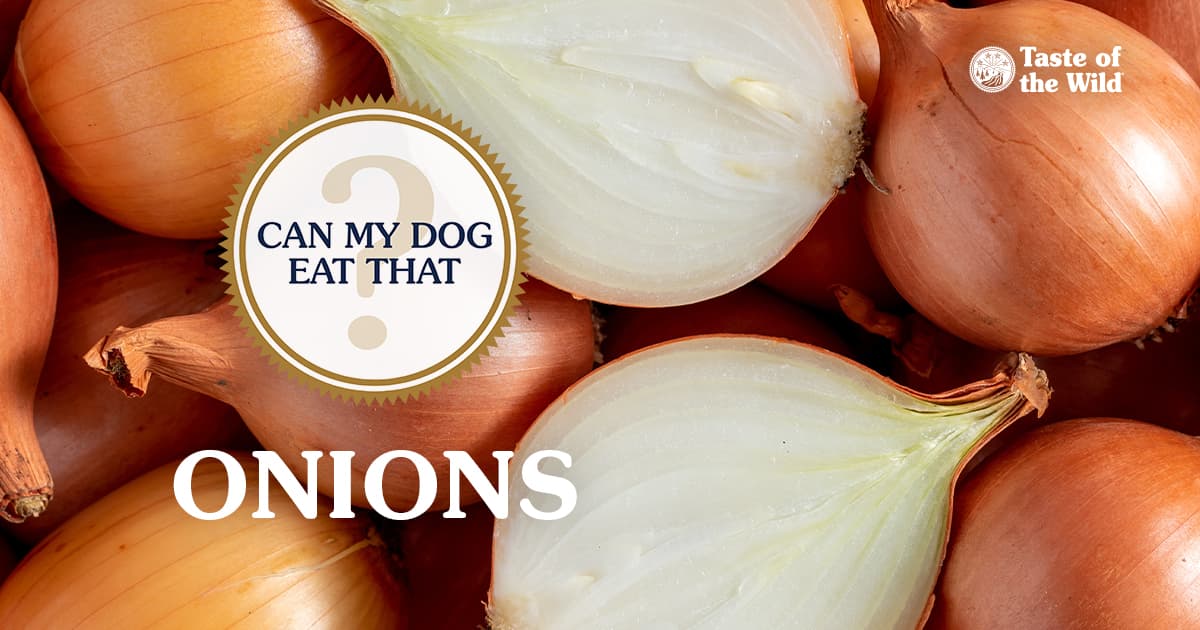Can My Dog Eat That? Coconuts
Category: Can My Dog Eat That
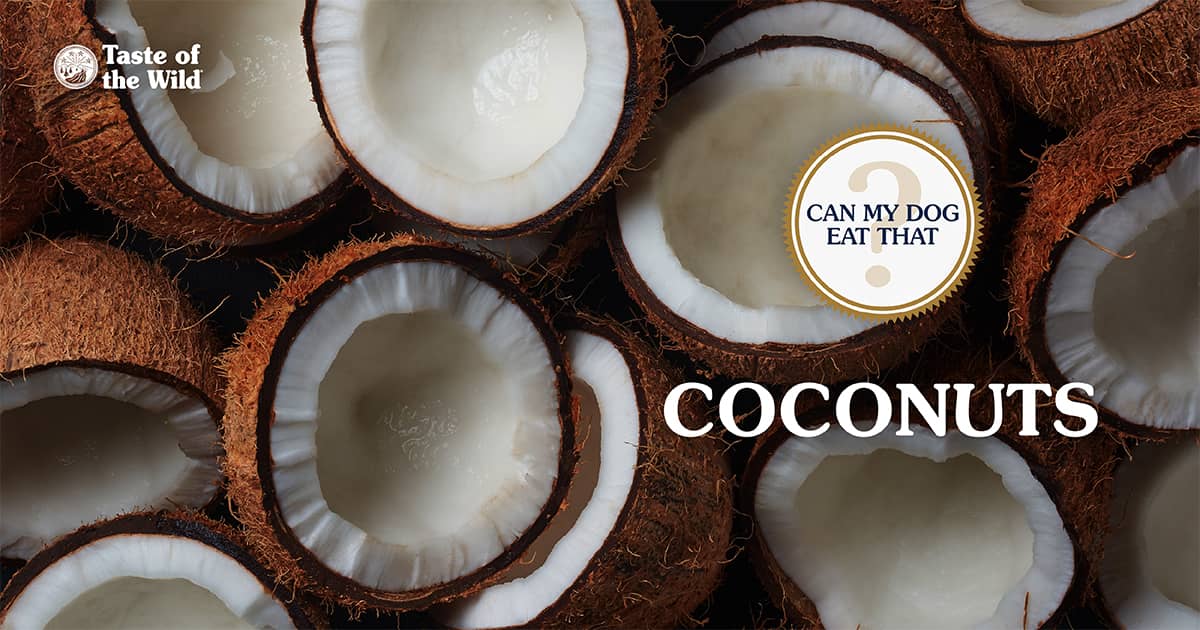
Welcome to “Can My Dog Eat That?,” our series that answers some obvious (and not-so-obvious) questions about what your dog can and can’t safely eat. You can view some of the previous foods we’ve looked at in our “Can my dog eat that?” guide. Today we answer the question “Can dogs eat coconuts?” Read on!
Coconut is nontoxic and can be a safe treat for most dogs. In fact, commercial coconut treats for dogs are available, and coconut is sometimes used as an ingredient in dog food formulations. However, there are some things that dog owners should know before dishing out coconut products to their dog.
Is Coconut Good for Dogs?
Similar to other fruits like peaches and pineapples, coconut has some health benefits for dogs. It’s rich in fiber and fat, and is a source of omega-6 fatty acids and many vitamins and minerals, such as vitamin C, iron and potassium. Coconut also has anti-inflammatory and antioxidant properties. However, because coconut is high in saturated fat (mainly medium-chain triglycerides), it’s not a good treat choice for overweight or obese dogs.
To avoid weight gain in any dog, coconut should only be fed as a treat, and all treats should make up less than 10 percent of your dog’s daily calorie amount. As long as your dog’s diet is complete and balanced, they won’t need the nutrients that coconut offers.
Feeding coconut to your dog in small amounts is usually safe, but you should still ask your veterinarian before feeding your dog coconut products (or any new foods), as the high fiber and fat content of coconut may not be healthy for some dogs. The high fat content of coconut can cause digestive problems, and too much fat in your pet’s diet can lead to pancreatitis, which is a potentially life-threatening condition.
Can Dogs Eat Coconut Oil?
Yes, dogs can eat unrefined or virgin coconut oil in very small amounts. Don’t feed your dog coconut oil in large amounts because too much coconut oil can lead to an upset stomach or pancreatitis. Applying coconut oil topically as a moisturizer can be beneficial for your dog’s skin and coat and help soften cracked paws.
Can Dogs Have Coconut Water?
Coconut water is generally safe in small amounts for most dogs, but it shouldn’t be your dog’s main water source due to its high potassium content. You should also check the ingredients of coconut water products because some may contain added sugar or the artificial sweetener xylitol, which is toxic to dogs. To be safe, ask your veterinarian before giving your dog coconut water.
Can Dogs Have Coconut Milk?
Coconut milk is generally safe for dogs to drink in small amounts, but make sure you check the label for additives that may not be healthy for dogs. Coconut milk is high in fat, so small amounts are best to avoid an upset tummy. Like coconut oil, coconut milk can be used externally as an ingredient in dog shampoos and moisturizers to help make your dog’s coat shiny and to promote healthy skin.
As a side note, if you also have a cat, make sure you don’t feed them coconut milk. The fat content of coconut milk can be too much for their digestive system, resulting in severe diarrhea, and neither your cat nor you want that.
Can Dogs Eat Coconut Flakes?
Small amounts of unsweetened coconut flakes are usually safe for dogs, but it’s recommended not to feed dogs sweetened coconut flakes like those commonly used in baking. These coconut flakes are very high in sugar, which isn’t healthy for your dog. Coconut flour is generally safe for dogs.
Make sure the coconut flakes are small enough to not cause a choking hazard. Shredded coconut may be a better choice than large coconut flakes.
Can Dogs Eat Coconut Meat?
Yes, coconut meat (or the flesh) can be healthy for dogs to eat in small quantities. Coconut meat is high in lauric acid, a medium-chain fatty acid that can be used by a dog’s body as an energy source and helps support the immune system.
Make sure you remove the husk or outer shell from the coconut meat and keep it away from your dog. Don’t let your dog chew on whole coconuts as the coconut husk could damage their mouth, cause an intestinal blockage or be a choking hazard.
Sharing a small amount of coconut meat, feeding coconut-based dog treats or pouring some coconut oil on your dog’s kibble is generally OK for most dogs. However, you should still ask your vet if coconut is safe to feed your dog before you do so.

The information in this blog has been developed with our veterinarian and is designed to help educate pet parents. If you have questions or concerns about your pet’s health or nutrition, please talk with your veterinarian.
